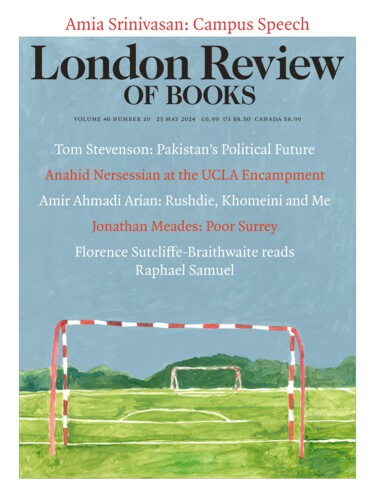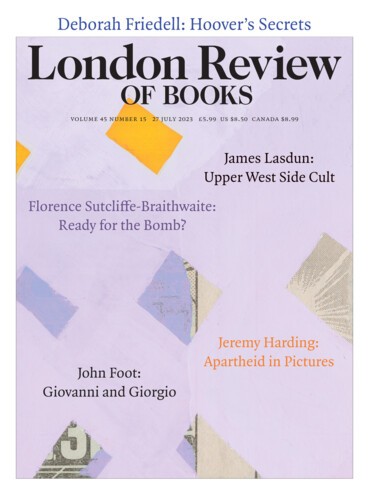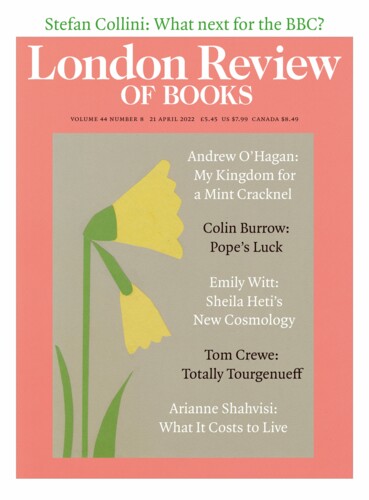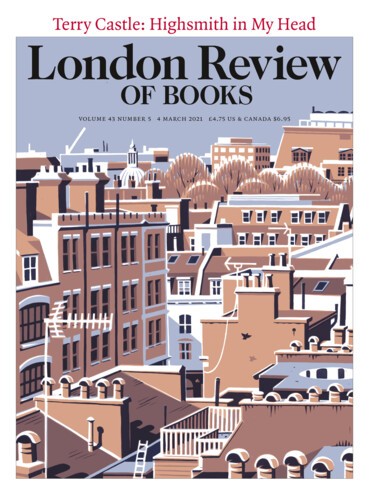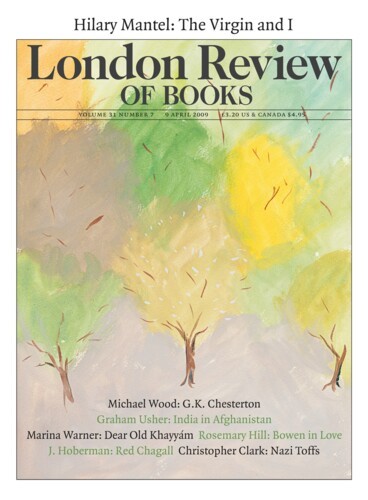Captain Corelli’s Machine-Gun: Italian Counterfactuals
John Foot, 23 May 2024
In the dreadful 2001 film version of Louis de Bernières’s novel Captain Corelli’s Mandolin, a miscast Nicolas Cage plays the soldier hero. The opening scene depicts the (second) Italian invasion of Greece in 1941. Mussolini’s first invasion, in 1940, had been a political and military disaster, the first sign that Italian fascism’s ambitious war aims were...
